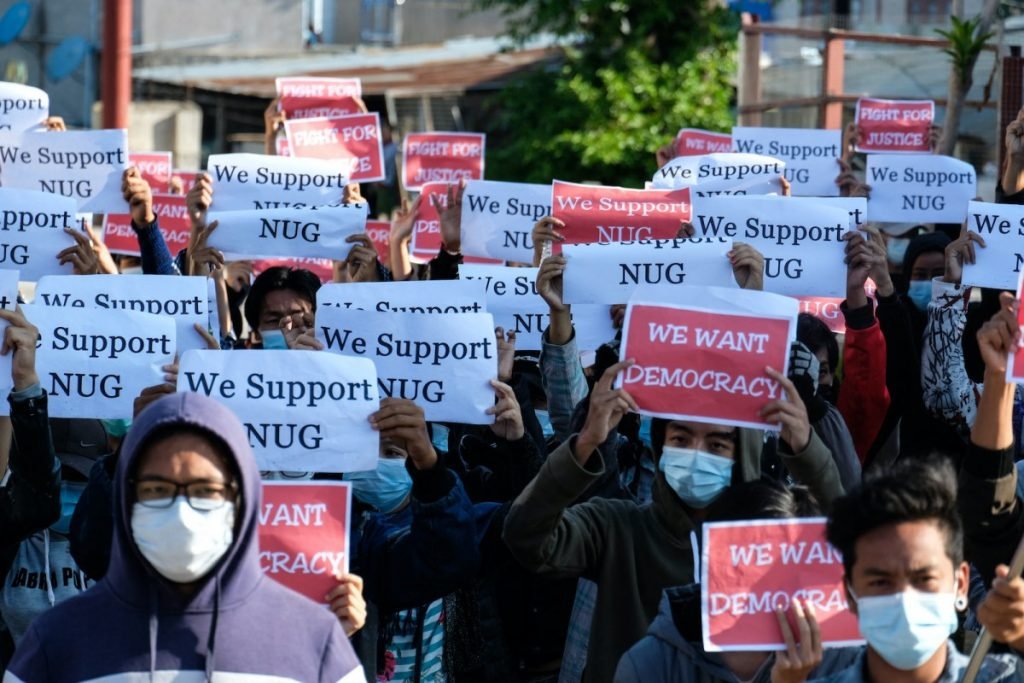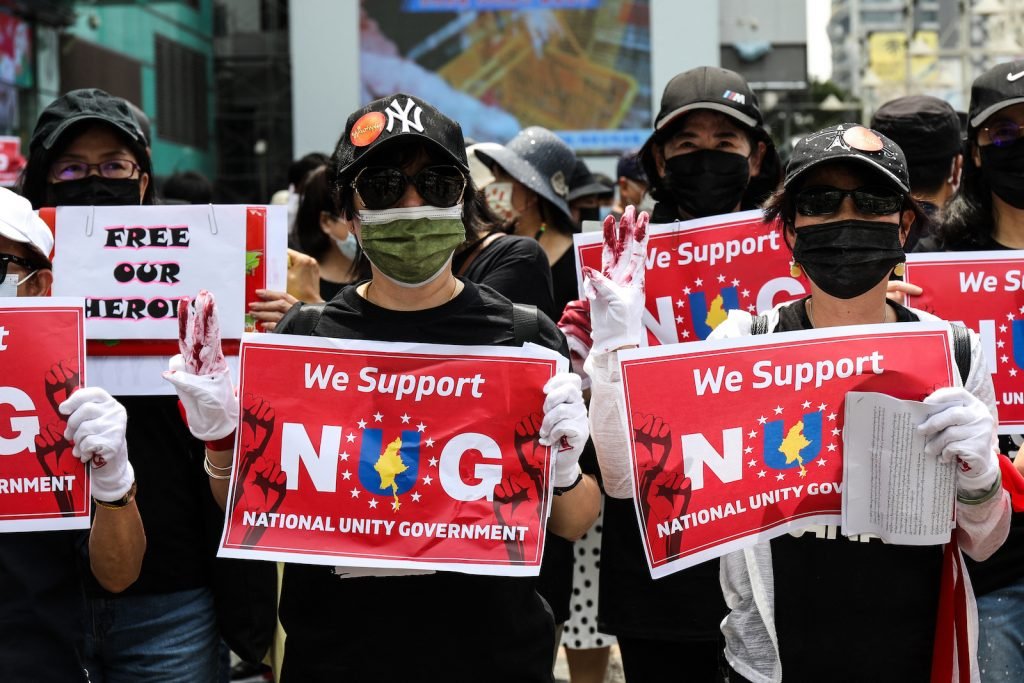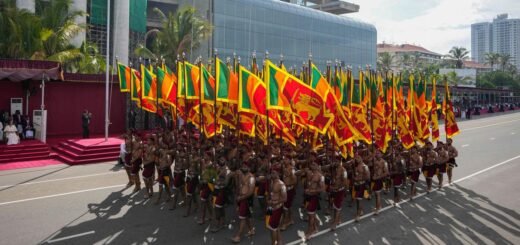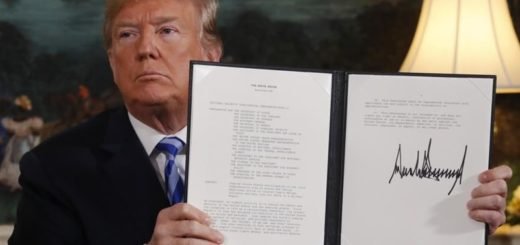When will the Myanmar crisis end?

Look at it through the eyes of Myanmar’s people
The situation in Naypyidaw continues to deteriorate. Russia and China cooperate with the military junta, but Western governments still have not recognized Myanmar’s government-in-opposition: the so-called National Unity Government (NUG). Since its establishment on 16 April, the NUG has called on the international community to permanently recognize it as the sole legitimate government of Myanmar. Although the White House Administration has imposed a series of sanctions against the top leadership of the Tatmadaw, as the Myanmar military is known, Washington has failed to recognize the NUG created in opposition to the junta. Currently, Moscow and Beijing have increased their influence in Naypyidaw and achieved their long-standing goals since the coup. For instance, Russia has a great opportunity to increase its arms exports, and China is further strengthening its position in Southeast Asia.
What will the formal recognition of the NUG entail for any Western state?
On the one hand, recognition of the NUG by a Western state would certainly lead to serious confrontation with China and Russia on the international stage. To date, without the support of the US, no Western democracies has appeared ready to do it. On the other hand, the decision to recognize the NUG would also result in the closure of all Western embassies in Myanmar and would lead to the loss of any opportunity to receive up-to-date information about what is happening or to influence the situation in Myanmar from the inside. Moreover, the recognition of the NUG automatically frustrates all ASEAN efforts to resolve the conflict, as ASEAN sought to resolve the crisis by negotiating exclusively with military officials.

A pending decision of the UN Credentials Committee
In addition, all Western governments are waiting for a UN General Assembly session in September, when a final decision on Myanmar will be made. It is expected that both the NUG and the junta will submit rival petitions to the UN Credentials Committee, the Committee then deciding on which it considers to be Myanmar’s legitimate government. This political body includes the United States, China. Russia, Botswana, Cyprus, Luxembourg, Mexico and Mozambique, but there is no doubt that Washington, Moscow and Beijing will cast the deciding vote.
Is the White House interested in recognizing the NUG?
It is also worth noting that Washington’s policy towards Myanmar is abundantly clear. The United States is not ready to enter the game without the home-court advantage. Myanmar has traditionally been influenced by the PRC and even the serious efforts of the White House to stabilize the situation may become vain endeavours. That’s exactly why the State Department officials refused to fully recognize the NUG, hiding behind a rather dubious reason: Washington has said that the United States will recognize the NUG only if it resolves all widespread ethnic conflicts in the country. The issue is that members of Congress, with the support of human rights lobbyists, have expressed their direct rejection of recognition until the NUG fully rectifies the injustice against the Rohingya, a Muslim-minority group that was forced to flee from the country to escape military “clearance operations”.

When will the crisis in Myanmar end?
Finally, for the foreseeable future, the Myanmar crisis will last a long time. Most likely, a military dictatorship will be established in the country for the coming decades. On the one hand, the US and other Western governments are not ready to risk entering another confrontation with China to establish another influence area in Southeast Asia while pretending to be motivated by human rights interests regarding the Rohingya people’s struggle for democratic political power, and equal treatment under the law of their homeland. Furthermore, Moscow and Beijing know very well how to benefit from this situation in Myanmar and are already successfully doing so.


















